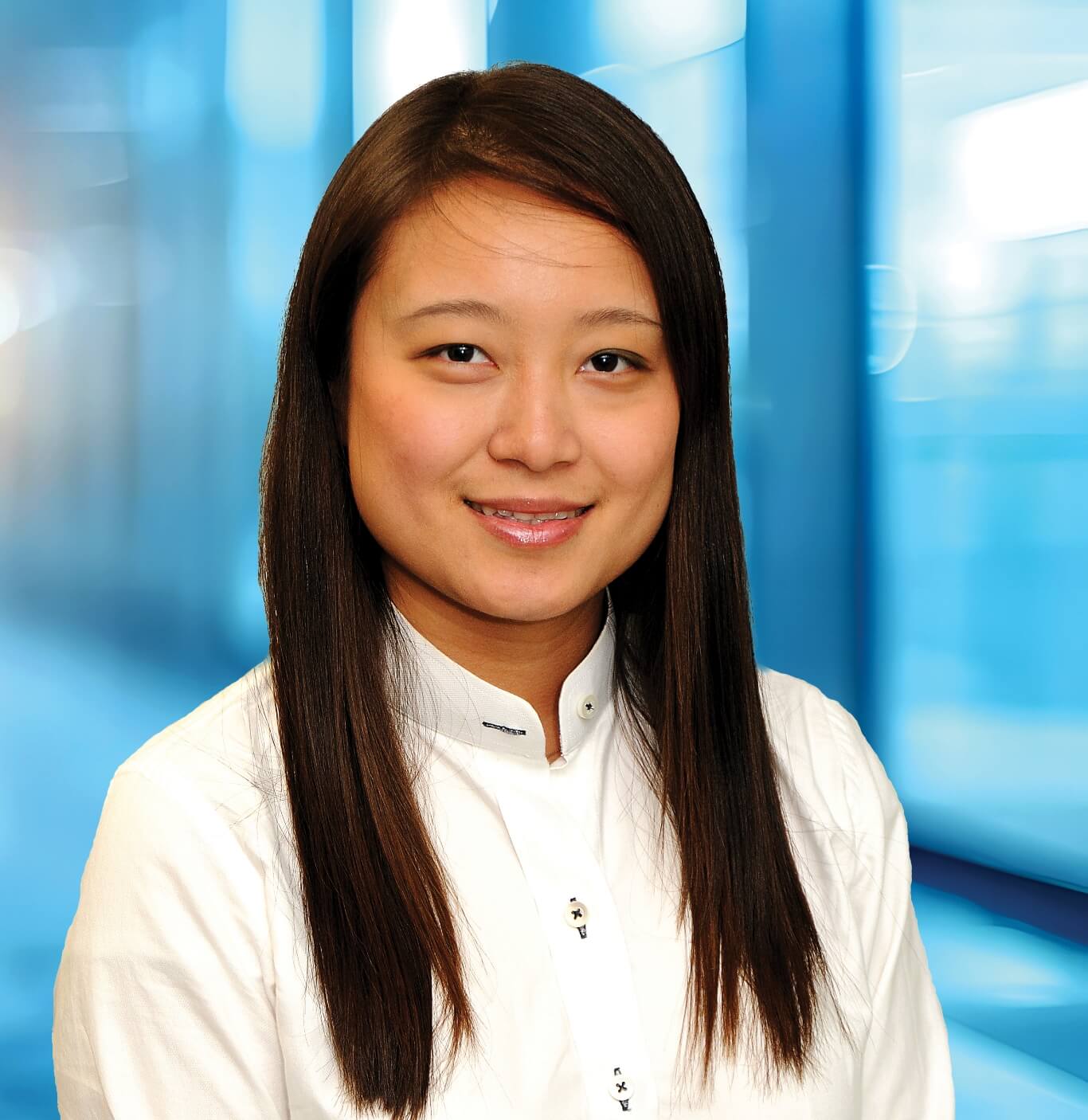Q. How and why did you become a broker?
I was an accountant for corporate firms. I started with BHP in the mining industry. [I moved into broking] predominantly by choice of lifestyle.
In 2014, I moved from Adelaide to Melbourne and the property market was booming (whereas the mining industry was going down). So, I made my choice to become a broker because of my personal commitments.
Q. You initially started doing home loans before focusing on business finance. Why make the move to commercial broking?
In the back of my mind, I always wanted to diversify my portfolio to commercial because of my accounting background. I had financial accounting and corporate broking experience in consulting firms and was used to seeing a lot of financial reports.
I wanted to venture out to do more self-employed clients and help them purchase commercial properties and even secure business loans. I realised I wanted to change about five years into my broker career. But it’s difficult to get into commercial. It probably took me about two or three years (maybe even more!) to crack into the commercial broking world.
Q. What type of loans do you write now?
I don’t do that much cash flow, it’s mostly secured loans. However, we do write loans that have a going concern piece in it (for example, if they’re an owner-occupier and then they have a business going concern, which is more complex) and really need to help those clients with cash flow projections [and] financial reporting. While there [are] lots of skills involved in that kind of loan, those clients are really sticky because they rely on your advisory piece and to work with their accountant to get the financial reports.
Q. How do you establish fees for your commercial clients?
With commercial purchase transactions, there are built-in fees with applications that banks charge, which are passed on to the broker as a brokerage fee.
We have industry guidelines [to decide what to charge the client]. It’s anywhere from 0.5 per cent [up to] 2 per cent, depending on the loan size. We charge less as the loan size goes up because we don’t want to be too greedy (in case you lose a deal). It depends on how complex the deal is and/or what your competitors offer.
I don’t charge more than I need to. Occasionally, I do collaborate with other brokers who add fees on top. So I do take that into consideration.
Q. What tech do you use to make your job more efficient?
[Servicing calculator] Quickli was a game changer. [I wish it was] built many years ago! It improved my efficiency almost instantly. I was able to pivot to get many deals done with very complex scenarios. Quite often, I have investors who have multiple properties – sometimes up to 10 properties – and I do modelling for them. If I were to do that using multiple calculators, it [will] probably take me a week before I can get back to the client. So [Quickli] changed the world for me.
Q. How did you set up your referral network?
My business was predominantly built on referrals from clients, but I was thinking about having a buyer’s agent as a referral partner. I was looking some up online and found a buyer’s agent and I called her out of the blue and introduced myself. She was venturing into the Chinese Mandarin-speaking market and I can speak the language.
From there, [I was] opened up to more [referral partners] because when you know what you’re doing, you start to talk to people about it and people know you through other referral partners.
Q. What are your top tips for new brokers setting up their referral partnerships?
I think any advice I can give is not to approach someone very established. You’ve got to start building your business with someone hopefully small when they’re not that big yet where you can actually grow with them.
[Established businesses] won’t teach you because they don’t need you as much to help them. Try to find [someone] that’s suitable for your situation, that you can grow the business with, then likely to get business from down the track.
I didn’t expect to get that commercial leads at the beginning or not even the first year. I started getting decent volume from the second or third year. You’ve got to hang in there and keep working at it and then learn. Learn a lot.
And be active. I’m not actively searching for leads, but I’m active working with my referral partner to find solutions and help them to generate more business. And the more they generate business for them and then the more business for me.





